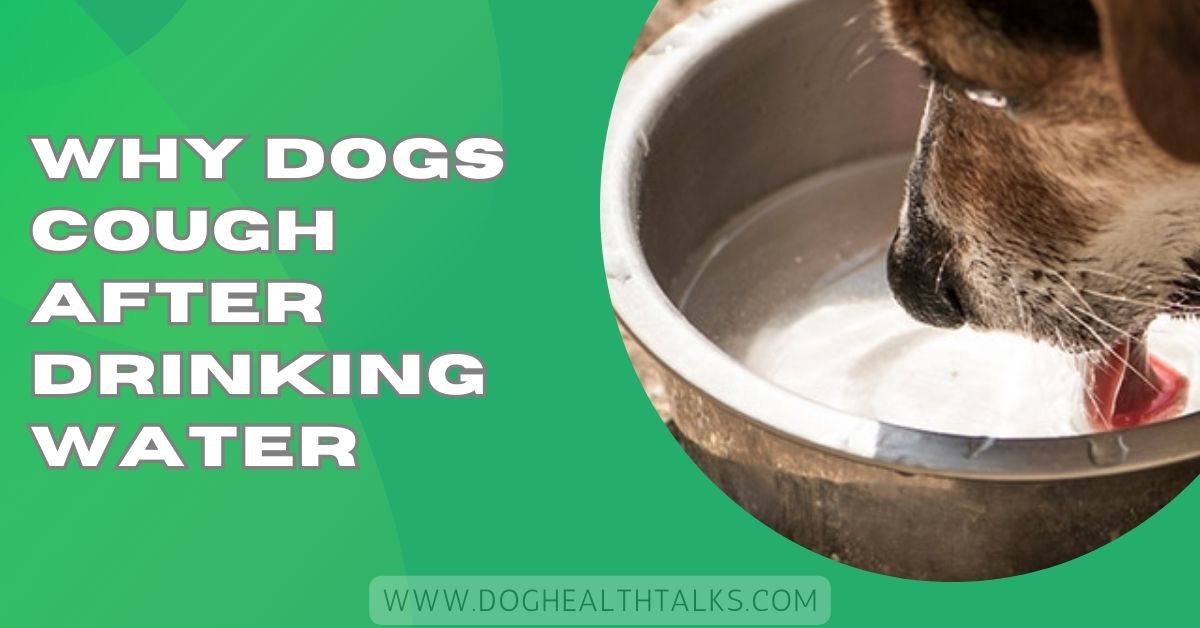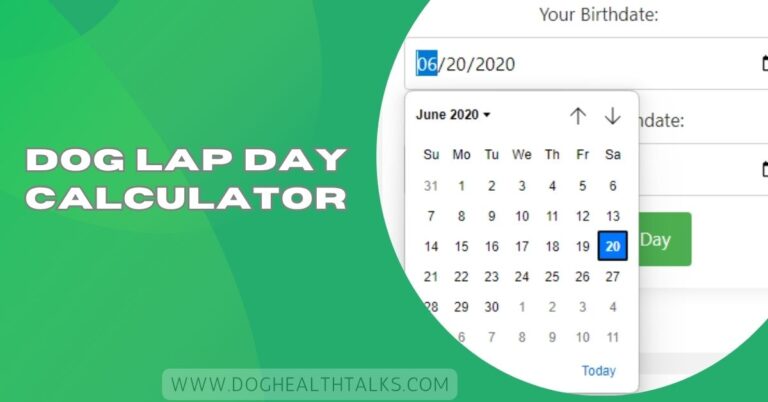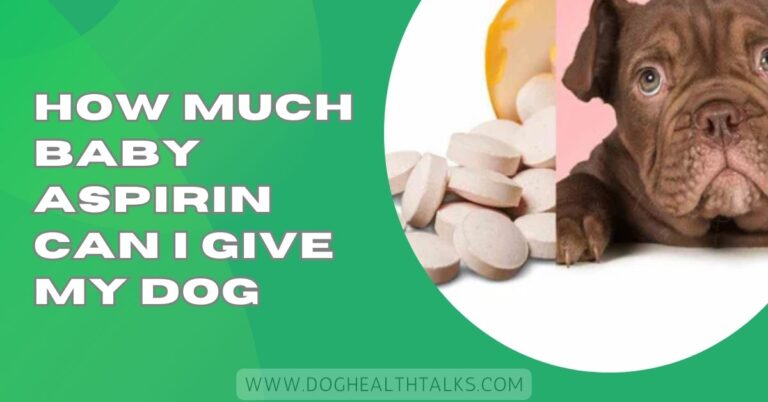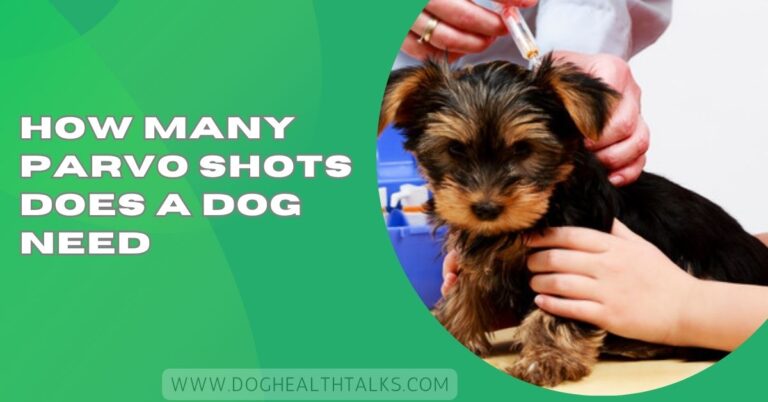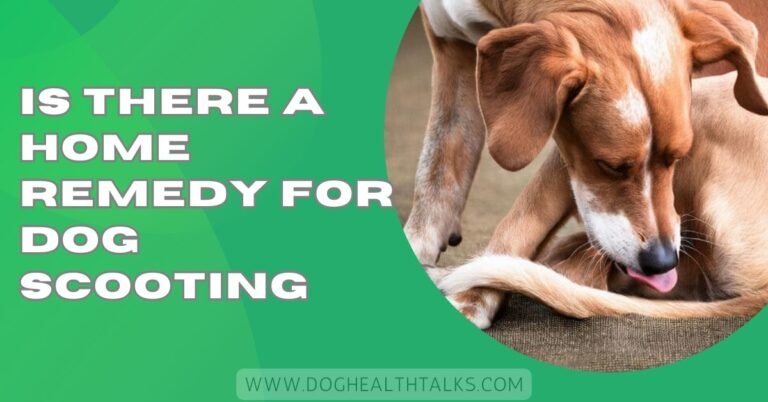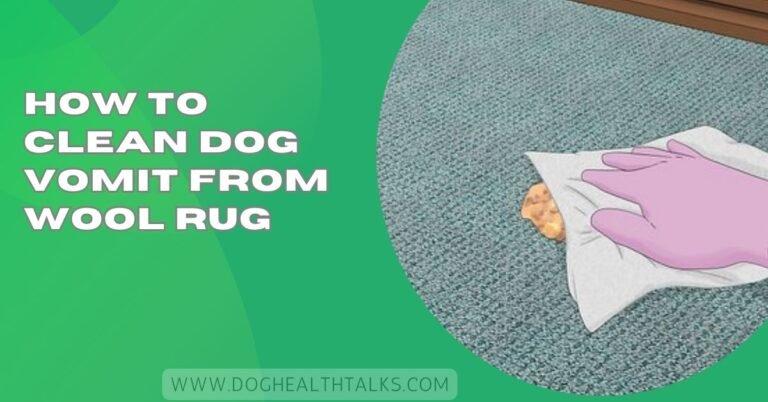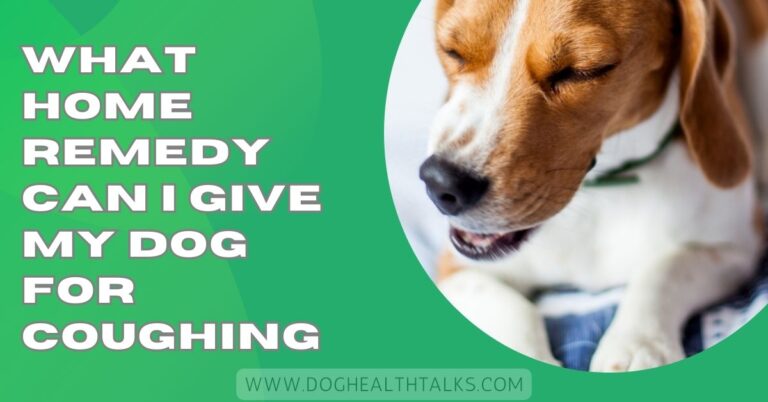Why Dogs Cough After Drinking Water – Vet-Approved Guide!
It can be worrying to see your dog cough right after drinking water. Most of the time, it’s harmless, but sometimes it can point to an underlying issue.
Dogs often cough after drinking water from tracheal irritation, fast gulping, allergies, or infections like kennel cough. Persistent coughing may signal heart problems, airway blockage, or aspiration—so seek veterinary assistance if it continues.
This guide explains the most common reasons behind coughing after drinking, what to watch for, and when to seek a vet’s help. By the end, you’ll know how to keep your furry friend safe and comfortable.
Water in the Windpipe
Sometimes, dogs cough after drinking because water slips into their windpipe instead of going down the right path.
This is just like when people “swallow wrong.” The cough is a protective reflex to clear the airway and usually stops quickly.
If your dog only coughs once or twice, it’s not a big concern. But if it happens often, lingers, or comes with trouble breathing, it’s best to have your vet check things out.
Windpipe Issues
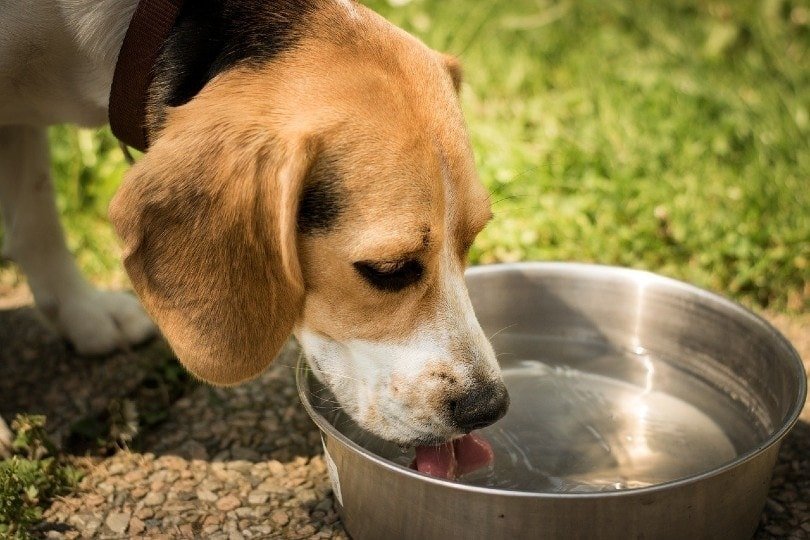
Some dogs are born with narrow windpipes or develop problems like a collapsed trachea. Small breeds, such as Yorkies or Pomeranians, are especially prone to this.
These issues make it harder for your dog to drink without coughing or choking. The cough may sound like a honk and can happen when your dog is excited or exercising.
While not always curable, your vet can suggest safe treatments and lifestyle changes that help your dog stay comfortable and breathe easier.
Tracheal Irritation
When your dog’s trachea is irritated, even a sip of water can trigger coughing. This irritation may come from allergens, smoke, perfumes, or even after too much barking. Dogs with a sensitive airway often cough more easily until the irritation settles.
You can help by keeping your home smoke-free, using pet-safe cleaners, and avoiding strong scents around your dog. If the cough doesn’t fade or keeps getting worse, a veterinary check-up is the safest step forward.
Irritation from Dust or Allergens
Just like people, dogs can react to dust, pollen, or other environmental triggers. When their throat or airway is already irritated, even drinking water can spark a cough.
You might notice it more after cleaning, being outdoors in high pollen, or if your dog’s water bowl sits near sprays or chemicals.
Often, removing the irritant helps right away. But if your dog keeps coughing, it may be an allergy or infection that your vet should take a closer look at.
Read More: What Home Remedy Kills Maggots On Dogs – Don’t Miss Guide!
Respiratory Issues
Conditions like bronchitis, pneumonia, or upper respiratory infections can cause ongoing coughing that sometimes worsens after drinking water.
Dogs with these illnesses often show other signs too—like nasal discharge, fever, tiredness, or loss of appetite. Because respiratory problems can get worse quickly, don’t wait if you suspect something serious.
Call your vet promptly so your dog can get the proper medications, like antibiotics or anti-inflammatories. Quick treatment usually makes a big difference and helps your dog recover safely.
Reverse Sneezing
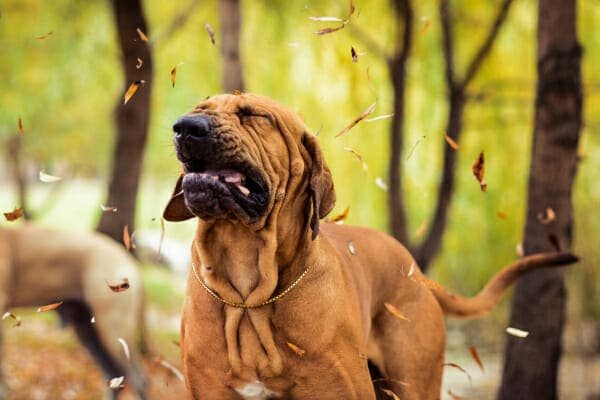
Reverse sneezing is often mistaken for coughing, but sounds more like snorting or honking. It happens when a dog quickly pulls air in through the nose, sometimes triggered after drinking water too quickly.
While it can look alarming, reverse sneezing is usually harmless and stops in seconds. Gently massaging your dog’s throat or lightly covering the nostrils can help shorten the episode. If it happens often or seems intense, your vet can rule out other issues and give you peace of mind.
Aspiration Pneumonia
Aspiration pneumonia happens when food, water, or another substance accidentally enters the lungs instead of the stomach.
This can cause severe symptoms like constant coughing, fever, weakness, or laboured breathing. It’s more common in dogs with swallowing issues, certain medical conditions, or after vomiting.
Because it can become life-threatening if untreated, this condition requires urgent veterinary care. If your dog shows these signs, don’t wait—get them checked right away to start proper treatment and keep them safe.
Regurgitation due to Excitement
Some dogs gulp water too fast when they’re excited, which can cause them to regurgitate and cough right after. It’s not usually dangerous, but it can be messy and uncomfortable.
To fix this, try giving smaller amounts of water at a time, or use a slow-feed water bowl that makes them sip more calmly.
Keeping your dog relaxed during mealtime also helps. If the regurgitation keeps happening, a vet check can rule out any deeper issues.
Heart Issues
Heart problems, like congestive heart failure, can make fluid build up in a dog’s lungs. This often leads to coughing, especially after drinking or exercising.
You may also notice your dog getting tired easily, breathing heavily, or losing interest in play. These signs are essential to take seriously.
A vet can run tests and recommend medications or lifestyle changes to keep your dog safe and comfortable. Acting early gives your pup the best chance at a good quality of life.
Must Read: Why Do Dogs Put Their Paw on You? – 7 Reasons Explained!
Kennel Cough

Kennel cough is a contagious respiratory infection that irritates your dog’s throat and airways, causing a harsh, hacking cough.
Many dogs pick it up in places with close contact, like boarding facilities or dog parks. While most cases improve on their own, some need vet care and medication to recover safely.
1. Can Kennel Cough Cause Coughing After Drinking Water?
Yes. Because kennel cough irritates the throat, drinking water can trigger more coughing. The throat is already sensitive, so swallowing adds strain.
While it often sounds alarming, most dogs recover with rest and care. If coughing worsens, lasts weeks, or affects breathing, your vet should evaluate and recommend proper treatment.
Differentiating Between Normal and Concerning Coughs
A quick cough right after drinking water is often nothing to worry about—it’s just your dog clearing their throat. But if the cough happens usually, sounds like honking, or comes with breathing trouble, fatigue, or loss of appetite, it may be more serious.
Pay attention to patterns and any extra symptoms. Trust your instincts—if something feels off, it’s always safer to check with your vet rather than waiting and risking a bigger health issue.
Home Remedies for Minor Coughing
If your dog only coughs now and then after drinking, you can try simple home fixes. Offer smaller sips of water instead of a full bowl, or use a slow-feed dish to stop gulping.
Raising the bowl a little can also help small breeds swallow more easily. Keep your home free from smoke, dust, and strong scents that can irritate their throat. These steps often make a big difference, but see your vet if coughing doesn’t improve.
How To Tell “Normal” Coughs From Worrying Coughs
Many dogs will occasionally have a single cough or a short gag after a large drink. That’s usually normal. But consider veterinary evaluation if you notice any of the following:
- Coughing that lasts more than a few minutes or is repeated after every drink.
- Coughing accompanied by difficulty breathing, open-mouth breathing, blue or pale gums, or collapse.
- Lethargy, fever, poor appetite, nasal discharge, or weight loss.
- Gagging or choking that progresses to vomiting or noisy breathing.
- Any coughing in a very young puppy, elderly dog, or a dog with known heart or respiratory disease.
When in doubt, call your vet. It’s better to be safe than wait for symptoms to progress
When to Seek Veterinary Assistance
You should call your vet if coughing happens often, lasts more than a few days, or comes with severe signs like trouble breathing, lethargy, fever, or a loss of appetite.
These may point to conditions such as pneumonia, tracheal collapse, or heart disease, which need professional care.
Don’t wait until your dog gets worse—getting help quickly means faster relief and better treatment results. When in doubt, it’s always safer to have your vet take a closer look.
Keep Your Dog Healthy with Bow Wow Labs
Keeping your dog safe and healthy often starts with small, simple steps. Slow-feed bowls can reduce coughing from gulping, and chew tools like the Bow Wow Buddy® paired with bully sticks can keep your dog calm, focused, and stress-free.
Reducing stress helps prevent regurgitation and supports healthy habits around food and water.
Combine these with good vet care, regular exercise, and a clean environment, and you’ll have a happy pup who’s less likely to cough after drinking.
Read Out: Why Do My Dogs Nails Grow So Fast: Tips for Trimming & Care
Why Dogs Cough After Drinking Water Treatment
Treatment depends on the cause. Mild cases may only need slower drinking and smaller sips, while issues like kennel cough, allergies, or tracheal problems need vet care.
Your vet may suggest medication, lifestyle changes, or supportive care. Always get a professional checkup before starting any treatment at home.
Why Dogs Cough After Drinking Water At Night
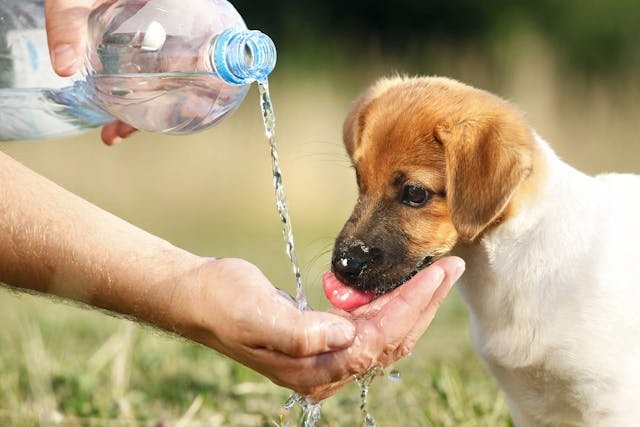
Coughing at night after drinking water may be due to throat irritation, acid reflux, or heart problems that worsen when lying down.
Since nighttime coughing can signal more serious conditions, monitor your dog closely and schedule a vet visit if the coughing becomes frequent, harsh, or affects their sleep.
How To Stop Dog Coughing After Drinking Water
Start by slowing down drinking—use a shallow bowl or special slow-drinking bowl. Keep the water clean and avoid letting your dog gulp too quickly after exercise.
If coughing continues, especially with breathing trouble or gagging, consult a vet to rule out underlying issues that require proper treatment.
Senior Dog Coughs After Drinking Water
Older dogs are more prone to coughing after drinking due to weakened throat muscles, tracheal collapse, or heart disease.
It’s essential to monitor how often it happens and whether it affects eating or breathing. Since age increases health risks, a vet exam is strongly recommended for safe care.
Dog Coughs After Drinking Water But Not Eating
If your dog only coughs when drinking water but not eating, it may be linked to how liquids flow more quickly into the throat.
This can trigger gagging, tracheal sensitivity, or aspiration risk. While sometimes harmless, frequent coughing should be checked by a vet to rule out hidden problems.
Dog Coughs After Drinking Water And Eating
Coughing after both water and food suggests irritation in the throat, swallowing issues, or a condition like tracheal collapse.
Because solids and liquids both cause symptoms, it’s more likely a structural or medical issue than simple gulping. A veterinary checkup is the best way to find the cause.
Senior Dog Coughs After Drinking Water But Not Eating
For senior dogs, coughing only after drinking water can mean weakened throat control, acid reflux, or early heart disease. Since older pets are more fragile, don’t ignore the symptom.
Even if your dog eats fine, schedule a vet visit to ensure nothing serious is being overlooked.
FAQs
1. How To Stop Coughing After Drinking Water For A Dog?
Slow drinking with a shallow bowl, keep water clean, and visit your vet if coughing continues or worsens.
2. When To Worry About A Dog Coughing?
Worry if coughing is frequent, harsh, causes breathing problems, or occurs at night—these signs may need urgent vet attention.
3. Why Do Dogs Gag After They Drink Water?
Dogs may gag from gulping too fast, throat irritation, or tracheal sensitivity. Persistent gagging requires a vet check.
4. Why Is My Dog Coughing Like Something Is Stuck In His Throat?
This can mean throat irritation, foreign object, kennel cough, or tracheal issues. Persistent symptoms need quick veterinary attention.
5. How Do I Know If My Dog Has A Collapsed Trachea?
Look for a honking cough, worse with excitement or drinking, plus breathing difficulty. Only a vet can confirm a diagnosis safely.
6. When to be concerned about dog coughing?
Be concerned if coughing is frequent, hard to stop, causes breathing trouble, or occurs with tiredness, fever, or loss of appetite.
7. Is it normal for a dog to gag after drinking water?
Yes, sometimes dogs gag after drinking too quickly. It’s usually harmless, but see a veterinarian if it happens frequently or appears painful.
8. What stage of heart failure is coughing in dogs?
Coughing often appears in early to middle heart failure stages. It happens when fluid builds in the lungs or the heart enlarges.
9. Why is my dog coughing like he has a hairball in his throat?
That hairball-like cough may mean kennel cough, tracheal irritation, or throat issues. A vet check helps find the exact cause safely.
10. What dog breeds are prone to coughing?
Small breeds, such as Pomeranians, Chihuahuas, and Yorkies, often experience more frequent coughing due to tracheal issues. Bulldogs may cough from airway issues.
Conclusion
Seeing your dog cough after drinking water can be unsettling, but in many cases, it’s nothing more than a simple throat-clearing reflex. Still, frequent or harsh coughing can sometimes point to a deeper health issue that deserves attention. By watching for patterns, noting any other symptoms, and seeking timely veterinary advice when needed, you’ll be giving your dog the best chance to stay healthy and comfortable. A little prevention—like slowing down their drinking, keeping their environment clean, and providing regular checkups—goes a long way in keeping your furry friend safe and happy.
